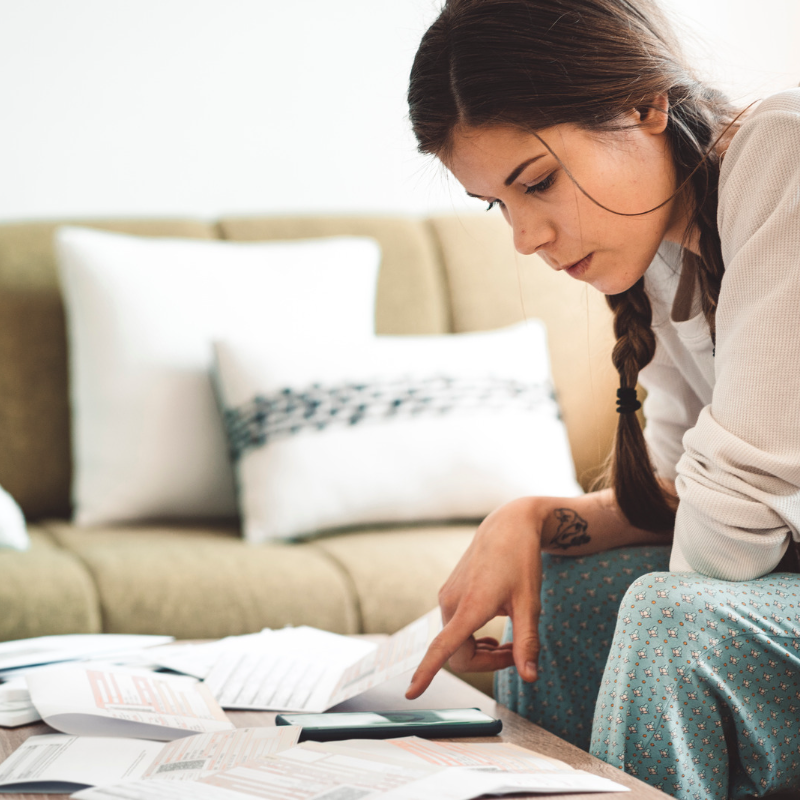There are several milestones associated with growing up and becoming an adult. Getting your driver’s license. Registering to vote. Graduating high school.
There’s another noteworthy event, too: opening your first checking account.
Why is this such a big deal? Because it probably represents the first time in your life that you’re solely in charge of your money. This is an exciting step toward independence and a test of how financially responsible you can be.
To help you pass that test with flying colors, we’ve got some great advice for new checking account holders.
- The best time to open your first checking account is probably when you get your first part-time job and are still living at home. At this time in your life, chances are you have very few financial responsibilities, so it’s a great time to learn how to handle your money properly. You’ll have the luxury of slowly learning how to manage your money, so that when you leave home for college or a full-time job, you’ll be comfortable being in control of your finances.
- If you’re younger than 18, you can get a checking account at the credit union with a parent or legal guardian as a co-signer. (If you’re 18+, you can do it all on your own.) A checking account is the safest and most convenient way to manage your money. You can pay bills online (when you get them!), check your balance and easily move money to and from a savings account. Best of all, most employers offer direct deposit for your paycheck, making the money available immediately. You’ll never have to worry about depositing your check or waiting for it to come in the mail.
- Know this: though it’s called a “checking” account, chances are you’ll actually write very few checks. A checkbook can still come in handy if you need to pay rent or someone in person, so be sure to ask someone how to write a check so you’ll know how should you ever need to.
- Most of your banking will be done with debit cards and online banking so you can pay bills and send money to friends and family members with just a few clicks. And, of course, you can deposit checks to your account just by taking a picture of them with your phone.
- The debit card you’ll receive is probably your most valuable tool. When you use this to purchase things, the money comes directly out of your checking account (unlike a credit card where you don’t have to actually pay for your purchases until your bill comes once each month). Be sure to keep track of what you spend by using the online banking feature on either your computer or mobile phone. You an also set up alerts so you’ll know if your balance ever dips below a set level.
There are a few things to beware of with your checking account:
- Minimum Balance Requirements — If there is one and you go below it, you may get charged a hefty fee. Look for an account without this!
- The ATM Network — Only use in-network ATMs so you won’t get charged a fee when you need to withdraw money at an ATM. Click here to find where all the surcharge-free ATMs associated with the credit union (there are thousands of them!) are nationwide.
- Overdraft — Overdrafting your account is when you spend more money than you have. There are two basic ways to set up your checking account: If you get overdraft protection, your credit union or bank will pay for your purchases even if you don’t have the money to cover them and charge you a small fee. If you don’t get the protection, your purchase won’t go through (which can be kind of embarrassing), the transaction is considered “non-sufficient funds” (NSF) or a “bounced check,” and you’ll be hit with a fee from both your credit union AND the business where you made the purchase. Overdrafts can be VERY costly!
Getting a checking account will help you learn how to manage your money. It will teach you how to be mindful of what you’re spending, the importance of setting up a budget, and how to plan and save for big purchases.
Be sure to do a little research to help you decide which account, and features, will work best for you.
Others are reading:














Comment